- Your benefits as a Premium Member
10% off items
Free shipping from €20.00
- Help & Contact
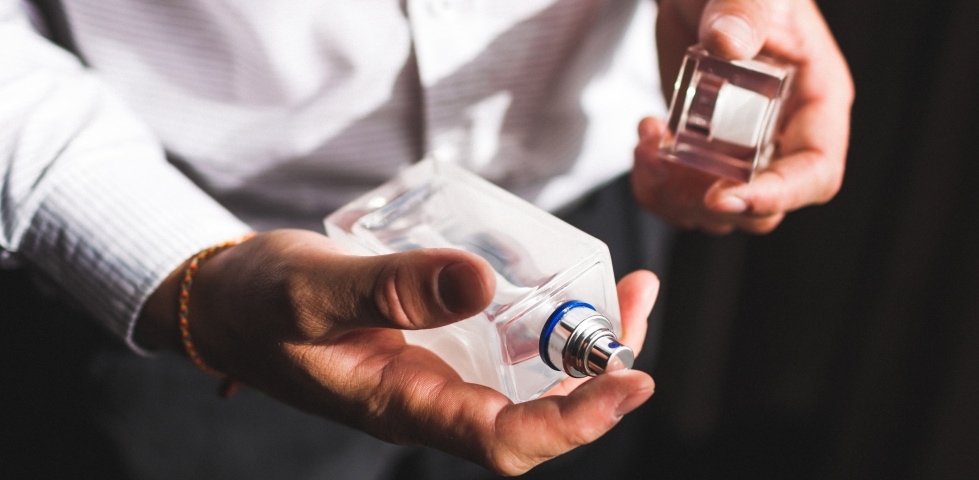
Fougère What’s really behind this fragrance family with the beautiful name?
Fougère fragrances have been fascinating people all over the world for more than a century. That’s because this woody-earthy fragrance category is filled of olfactory delights and celebrates its own diversity. Do you adore complex and multifaceted compositions? Then a fougère perfume will be an elegant and independent addition to your fragrance collection. Sound exciting? Then join us on our quest to unravel the myth of fougère.
20 June 2024 • 4 min. reading time
Table of contents
Fougère and its impressive history
Even though fougère fragrances were originally made as men’s fragrances: don’t let this put you off. Instead, read on to find out why fougère fragrances for men and women appeal equally to the female and male sense of smell.
Fougère is a French word that means fern. The fern is a robust plant that looks pretty on any windowsill – but it doesn’t really have any significant scent. So if we want to get to the bottom of fougère perfume, we have to dig deeper into the history of perfumery.
The origins of Fougère fragrances date back to 1882 in Paris, the perfume industry hub at that time, and to an outstanding man who was one of the most respected perfumers in France.
Paul Parquet – the nose behind the first fougère perfume
As head perfumer and partner at the world-famous house of Houbigant, Paul Parquet took on the challenge of launching something new, something unknown, something that had never before been experienced.
At that time all fragrances imitated natural aromas and were kept as close to the original as possible. But there came a time when even the most creative perfumer reached their limits. Paul was the first perfumer who dared to break with tradition and introduce synthetically compounds or “fantasy notes”
in his Fougère Royal perfume. Why it was special: Fougère Royal was the first perfume in the world to contain synthetic coumarin, an aromatic compound that brought a hay-like, fresh note into play which, together with lavender and bergamot, eclipsed everything that had gone before.
At the time, Paul Parquet wasn’t aware that his Fougère Royal creation would be the namesake for an entire fragrance family that revolutionised the world of perfume.
Recommendation
Would you like to have a perfume that typifies of this extraordinary fragrance family? Fougère Royal by Houbigant was relaunched in 2010. The pioneering, first-of-its-kind fougère perfume has been reinterpreted and adapted to modern tastes.
What is fougère? All about this fascinating fragrance category
Perfumes are as individual and multifaceted as life itself. But within each fragrance family, certain rules and compositions are followed. We are talking about accords – the combinations of the raw materials that define the soul of a fragrance family.
Fougère is composed of:
30% lavender accord
30% woody or mossy accord (e.g. oak moss or pine)
20 geranium accord
10% salicylate accord
10% coumarin
Sounds pretty theoretical, doesn’t it? But a closer look reveals the harmony behind the accords. While the top note beguiles the senses with spicy-green, herbal notes, the woody-sweet coumarin accord unfolds in the heart note.
Fougère is often referred to as a fragrance family of contrasts because the compositions are intensive, yet never intrusive. They underline the wearer’s personality in a natural yet powerful way through the interaction of warm and cold essences, sweet and woody notes. Spicy aromas and sensuous animality are engaged in an olfactory dance. Perhaps that’s why fougère fragrances are generally referred to as men’s perfumes?
Modern fragrance categories: fougère through time
Over time, fragrances naturally evolve. That’s why there are now several categories of fougère perfumes in the market. They all feature the basic fougère accords, but have lighter notes to add another facet. If you generally like this fragrance family, you can discover a gem or two for your fragrance collection here.
They include:
Aquatic: The somewhat heavy, earthy fougère base note is livened up by a fresh, sporty aqua accord.
Spicy: Piquant spices such as oregano, allspice and pepper powerfully round off the composition.
Aromatic: Citrus tones and powerful essences of rosemary or thyme create a completely new fragrance concept.
Exotic: Warm components such as vanilla, oud or musk add even more depth and mysticism to the earthy fougère.
Exclusive brands such as Dior, Paco Rabanne, Tom Ford or Calvin Klein like to experiment with fougère accords in their best-selling fragrances. Sometimes they are also collectively referred to as “barber’s shop” fragrances, because this fragrance family was actually used as aftershave in the past.
Discover modern fougère fragrances
How to identify a fougère perfume
It isn’t easy for an amateur to clearly identify a fougère perfume. To discern the individual components you need a very sensitive nose. And the many different variations make clear-cut categorisation even more difficult. However, fougère perfumes all have two aspects in common.
An earthy base note: Imagine the fragrance as a fresh forest breeze. Kind of naturally green, but also aromatic with a touch of wilderness.
A distinctivesweet heart note: It is the earthy–sweet contrast that characterises the fougère fragrance. That's why this component becomes more clearly discernible after a few minutes.
The other facets of the perfume can differ. Depending on the brand or product, they can be floral, fruity or spicy. The more you practice, the quicker you will be able to recognise a fougère fragrance.
The best thing about this fragrance family is its diversity. Fougère gives you a special aura that people around you can’t fail to notice. So use it sparingly to retain the fascinating effect.
By the way: There are far more fougère perfumes than you might think. Perhaps you’ve had one on your shelf all the time without even knowing it? Time for a sniff session!
Fougère FAQs:
Conclusion
Paul Parquet is reputed to have said: “If God gave ferns a scent, they would smell like Fougère Royal.” Although synthetic components helped fougère perfumes to make a breakthrough, this perfume with its earthy-sweet contrast is the perfect addition to the potpourri of fragrance families. And the expressive dance of aromas and finesse has lost none of the fascination it exuded a century ago. If you’re a perfume lover, fougère fragrances are a must.


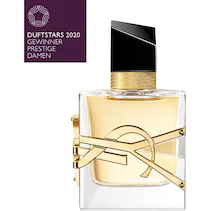



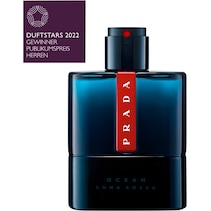
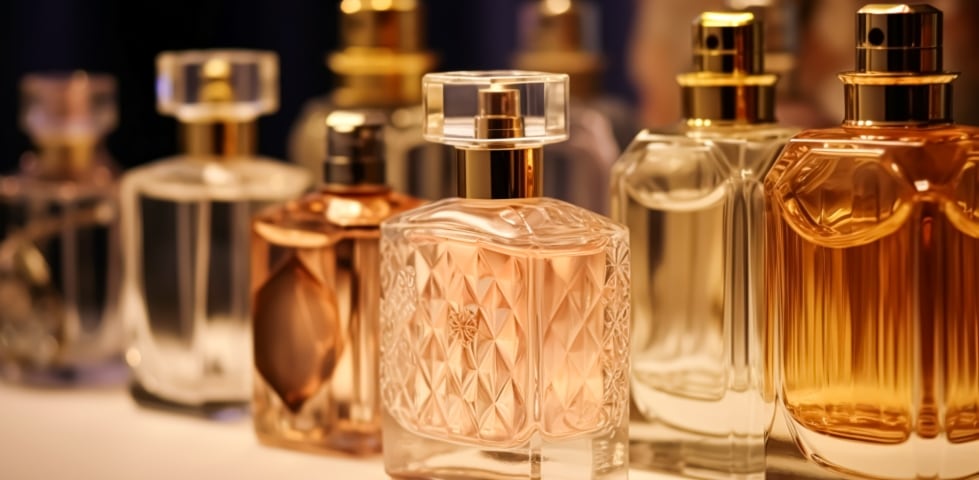
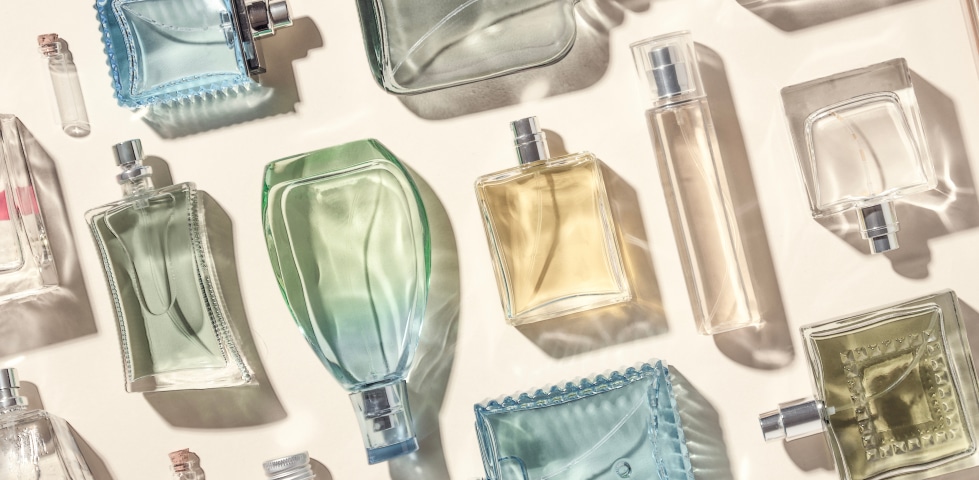












 Certified security
Certified security








